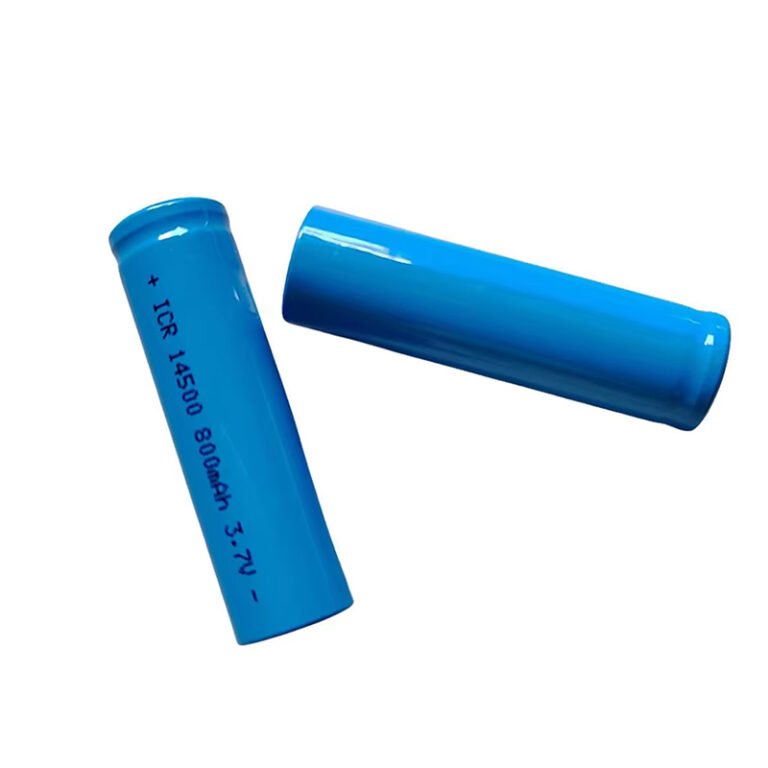What to Do When Battery Over Discharged or Over Charged
Batteries are an essential part of our lives, powering everything from our mobile devices to our cars. However, they are not invincible and can be damaged by overcharging or over-discharging. In this article, we will discuss what you should do if your battery is over discharged or over charged.
Over discharged battery
An over discharged battery is a battery that has been drained below its recommended minimum voltage. When this happens, the battery’s ability to hold a charge is severely compromised, and it may even become completely unusable. Some signs that your battery is over discharged include:
Your device won’t turn on or hold a charge
Your device turns off unexpectedly or at a high battery percentage
Your device displays a low battery warning even when it’s plugged in
So what should you do if you have an over discharged battery? The first thing you should do is try to recharge it. Plug your device into a charger and leave it for a few hours, even if it doesn’t appear to be charging at first. If the battery is severely over discharged, it may take several hours before it has enough charge to turn on. If your device still won’t turn on after a few hours of charging, you may need to replace the battery.
Over charged battery
An over charged battery is a battery that has been charged beyond its recommended maximum voltage. This can cause the battery to overheat, swell, or even explode. Some signs that your battery is over charged include:
Your device gets very hot when charging
Your battery swells or appears to be bulging
Your battery life is significantly reduced
So what should you do if you have an over charged battery? The first thing you should do is stop charging it immediately. Pull out your equipment and remove the battery as soon as possible. If the battery is swelling or bulging, do not try to remove by yourself, because it is dangerous.
If you have removed the battery, place it in a safe location away from flammable materials and monitor it closely. If the battery shows any signs of leakage, overheating, or swelling, dispose of it immediately and safely.
Preventing over discharge and over charge
Of course, the best way to handle over discharge and overcharge is to avoid such case happen. You can find some tips for you below:
Don’t leave your device plugged in overnight or long period of time.
Use the charger that came with your device or a charger that is recommended by the manufacturer.
Don’t use your device while it’s charging.
Keep your device and battery at room temperature and avoid exposing them to extreme temperatures.
Don’t let the battery drain completely before recharge it.
If you are not going to use your device for an extended period of time, store it with a partially charged battery (around 50% is recommended).
Conclusion
In conclusion, over discharge and over charge can damage your battery and even make it unusable. If you have an over discharged battery, try to recharge it for several hours before considering a replacement. If you have an over charged battery, stop charging it immediately and seek professional help if necessary. Remember to prevent over discharge and over charge by following the tips mentioned above. By taking care of your battery, you can ensure that it will last longer and perform better.
Related Products
Panasonic NCR18650 Series Rechargeable Sanyo Lithium-Ion Battery Cells – NCR18650B, GA, PF, BD, G
Molicel High Discharge 18650 & 21700 Cells – 2500mAh to 4200mAh, 20A–45A (P26A, P28A, P28B)
Li-MnO2 CR17450 3V Non-Rechargeable Primary Battery 2500mAh–2600mAh for GPS, Smoke Detectors & Security Systems
3S2P 11.1V 18650 Cylindrical Li-ion Battery Pack 5000mAh–5200mAh for LED Lighting & Medical Instruments






